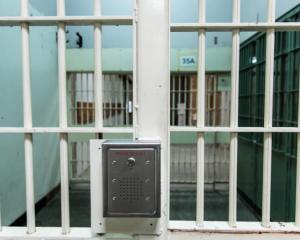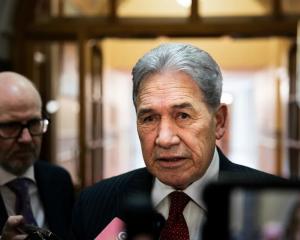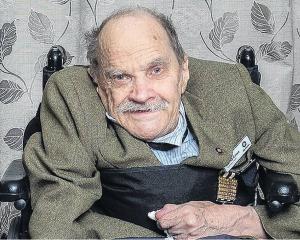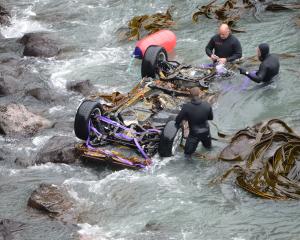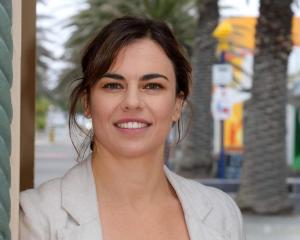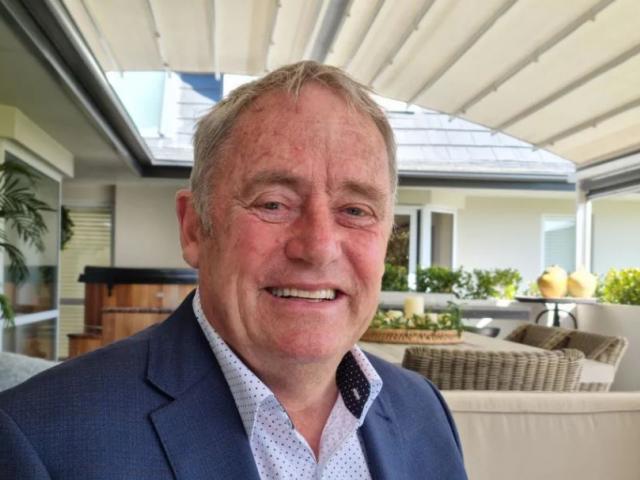
A recommendation by Mayor Phil Mauger for council staff to provide advice on the viability of hosting the 2030 Games passed 10 to 7 at a meeting on Wednesday morning.
But the vote was met with dismay and objections from a vocal group of protesters in the public gallery at the meeting.
The city last hosted the Games 50 years ago.
Mauger said Christchurch needs a major, city-wide event, which internationally promoted it as open for business, especially for sporting and cultural events.
He believed the city would be well-equipped to host the games in 2030, with some help from the wider South Island.
"Now after the earthquake, we've got so many fantastic facilities in Christchurch; with the convention centre, the new stadium will be up and running, the Metro Sports [facility] will be going ... But I don't want to be greedy and have Christchurch have everything; we can send the cycling off down to Invercargill, they've got the Valedrome down there, we can send the rowing to Twizel, because they've got the international rowing lake there."
One of the problems would be sorting accommodation for the athletes, Mauger said.
"We've got an area in town that we could build accommodation in, and when it's finished it could be used for student accommodation."
The mayor said he had the support of deputy prime minister Winston Peters.
"He's reasonably keen, he was actually very keen to get it in 2026, but I really think that's a bridge too far, but we'll see how we go."
Mauger wanted staff to provide advice on the viability of Christchurch's bid in August this year.
The New Zealand Olympic Committee has been approached for comment.
It had previously said New Zealand was not interested in bidding to host the Games in 2030, but it was looking toward a bid for 2034.
The Commonwealth Games were last held in Christchurch in 1974, and in New Zealand in 1990.
IMauger also said he would be writing to neighbouring councils, asking them if they would consider helping fund the $683 million Te Kaha Stadium.
The mayor's monthly report to council said the letter would "seek to test the appetite from Selwyn and Waimakariri for receiving and considering a proposed cost sharing model".
"This is the first formal approach ... we've just got to ask them properly and then it's recorded, and we'll see how we go from there."
In 2021, the council agreed to a 30,000-seat covered option and had budgeted $453m for the project's construction, the mayor's report said.
The council also agreed with the Crown to allocate an additional $220m towards the construction of Te Kaha out of the government-funded $300m Christchurch Regeneration Acceleration Fund, the report said.
Mauger said the rates impact of the stadium was looking to be 2.7 per cent of the current proposed rates increase of 15.8 per cent.
Te Kaha is due to be completed midway through 2026, after years of planning conjecture and stalled progress.
Waimakariri Mayor Dan Gordon said currently there was no funding put aside or anticipated in his council's Long Term Plan for Te Kaha.
Both Gordon and Selwyn Mayor Sam Broughton said any contribution to the stadium from their districts would need to be subject to full community consultation.


